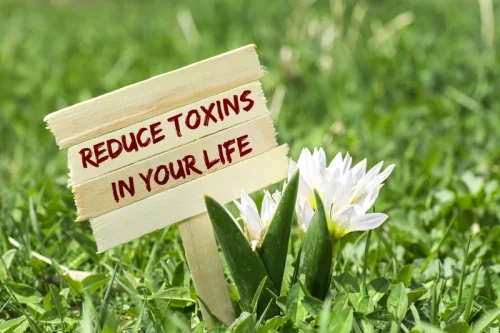Emotional & Psychological Effects of Being Drunk

With the right tools and support, moving beyond the dry drunk phase is not just possible; it’s within your reach. CBT focuses on identifying and challenging distorted or negative thinking patterns and behaviors, aiming to alter unwanted behavior patterns. On the other hand, DBT emphasizes regulating emotions and improving relationships through mindfulness, distress tolerance, emotional regulation, and interpersonal effectiveness skills. People recovering from alcohol misuse or addiction often drunk feelings vs sober feelings experience difficult, painful emotions.
- Alcohol acts as a disinhibitor, making individuals feel more relaxed and open in social interactions.
- Sarah Allen Benton, M.S., LMHC., LPC, is a licensed mental health counselor and author of Understanding the High-Functioning Alcoholic.
- There is no reason that the honest passions and general excitements that so excitedly surface after a few drinks can’t be maintained in our everyday sober lives.
- As intoxication progresses, emotional swings become more pronounced.
- This stage is marked by a sense of euphoria and increased sociability.
- Incorporating healthy lifestyle changes alongside therapy enhances the recovery process.
Does Alcohol Uncover Your True Self?
Through this practice of recognition and labeling, we equip ourselves with the tools necessary to cut back on drinking alcohol and make positive changes in our highly rewarding journey. Tuning into your body is the secret to unlocking all other emotional skills. This can be done through a variety of methods — breaking free from toxic habits such as drinking too much alcohol is one key way that can help boost awareness in your inner state. When you cut back on drinking alcohol, you nurture an ability to decipher subtle changes in energy that occur inside you throughout the day.

Therapy:
You’ll meet hundreds of fellow Reframers in our 24/7 Forum chat and daily Zoom check-in meetings. Alcohol can alter sensory perception, leading to distorted vision, hearing, and other senses. This can put individuals in harm’s way due to inability to perceive danger.
What Are the Symptoms of Dry Drunk Syndrome?

That can be confusing and discouraging — just as dry drunk symptoms are for someone cutting out alcohol. Drinking in moderation allows you to experience the social and relaxing benefits of alcohol consumption without crossing into the dangerous territory of drunkenness. By understanding the difference between being tipsy and drunk, you can make informed decisions about your drinking habits.
More on Substance Abuse and Addiction
Having support from family and friends is also helpful in persisting along the path to full recovery. Alcohol addiction is a disease, but that doesn’t excuse abusive behavior. If your loved one behaves in toxic or aggressive ways, it’s best to talk this over with a therapist and develop a plan to keep yourself safe. All of this can be frustrating if you have a loved one in recovery. You might even feel like they’re taking a step backward, not forward. But remember that this phase is a fairly normal part of recovery, and it won’t last forever.
- By understanding the difference between being tipsy and drunk, you can make informed decisions about your drinking habits.
- There are changes in one’s behavior, perception, movements, and emotions, which consequently affect decision-making, cognitive abilities, and overall well-being.



No Comments